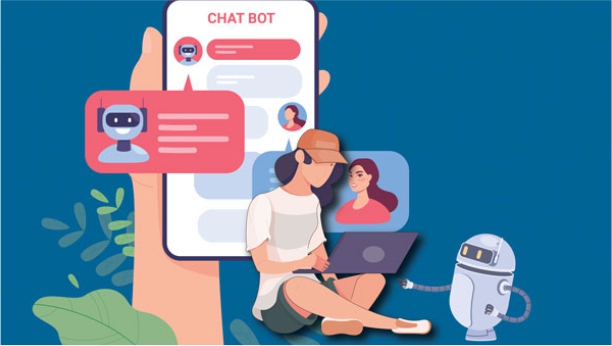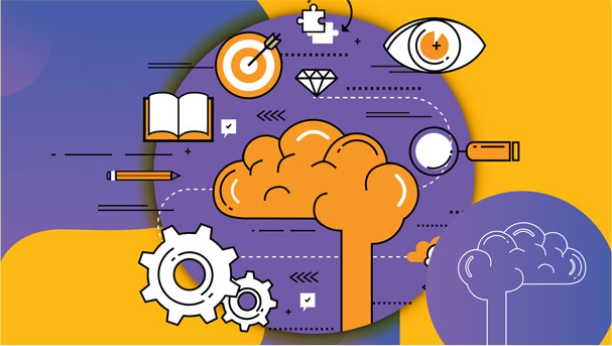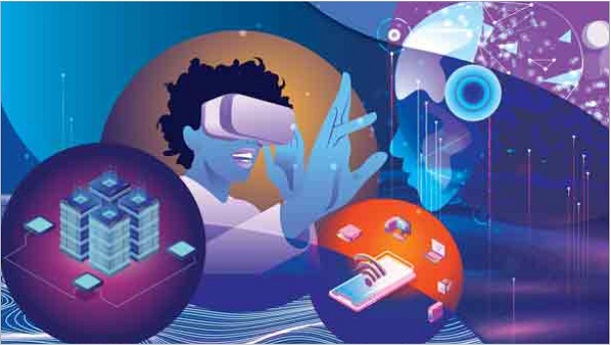
The ability for leaders and organisations to create and maintain an authentic human connection will play a critical role in whether organisations either thrive or survive in this increasingly VUCA business environment and leaders must navigate the complexities of our workforce with confidence and vision.

Emotional intelligence is the leadership tool that can ignite creativity, strengthen relationships, and make the workplace inclusive and equal.

Generative AI can help all of us to be more connected, clear, concise, and confident in our communication. By partnering with AI in our preparation and practice, we can better help our audiences to understand, remember, and act on our communication.

When inviting the ‘right brain’ to participate in a conversation, we see more, think differently, and bring new insights. The ‘right brain’ is like your personal genie in the bottle—an enormous power for you, and your team, to release and use.

While the Stretch Team approach may not always be the right answer and might even be more challenging to implement, it offers an innovative balance between competition and collaboration. It’s a novel approach that promises high rewards if executed correctly and in the right environment.

Organisational strategy should not be convoluted and complicated. It is about what you want to become. Why are we here?

Storytelling is a key part of our shared human experience. It has long connected people across cultures and brought together groups who may seem like they have nothing in common, through tales of success and learnings. But what is often forgotten is the power of storytelling, especially in business.

By focusing on both the needs of your customers, as well as those of your employees, you can ensure that everyone’s best interests are taken into consideration when making decisions or driving forward key initiatives within your organisation.

Executives have an enormous opportunity to use technology to help them scale solutions, offer customer-centric products and services, and pioneer new, immersive forms of engagement in today’s business landscape that’s dominated by technology.

There is substantial research showing that people who are successful in a holistic way—not just at making money—have high emotional intelligence. Do not confuse intelligence quotient (IQ) with EQ. Effective leaders allow themselves to be emotional privately. They process it, then come back and give the public their best selves, communicating constructively and listening more than talking.

Security culture is not something that can be built overnight. Having said that, sustained investments in security culture will bring better security RoI in the long run and help organisations build a human defence layer that every industry today desperately needs.
